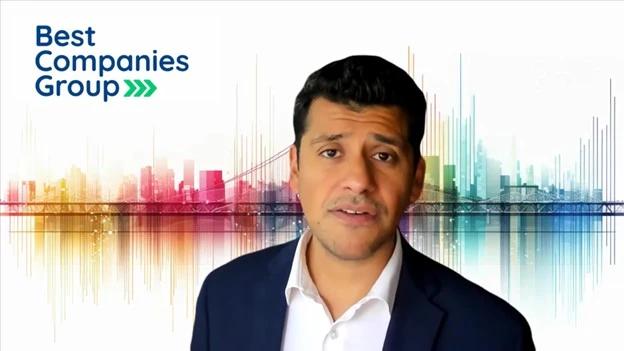The People’s Climate March – organized to coincide with Earth Day in April – drew tens of thousands of environmental activists to cities across the nation. Their mission: call attention to the dangers of climate change. It’s not a stretch to say that golf course superintendents and club and course managers conduct their own march to show their support of environmental sustainability every day.
Broken Sound Club in Boca Raton, Fla., where more than a million honey bees are thriving in the club’s apiary, is just one example. From more than 1,000 pounds of honey the bees produce each year, club members receive jars of honey to enjoy and the spa features Broken Sound honey in its treatments.
Club manager John Crean and his team at Broken Sound are doing more than providing a sweet and distinctive member amenity. They’re part of a movement to bring awareness to the plight of declining adult honey bee populations.
The environmental program at Broken Sound started with small steps, including eliminating Styrofoam cups, reducing the use of plastic bottles and recycling cans, plastic and cardboard. Its initial success encouraged the club to be more ambitious. An industrial composter is now reducing the amount of waste the club adds to the local landfill, solar panels are heating swimming pools and a charging station is recharging members’ electric vehicles.
Christine Kane, the CEO at Audubon International in Troy, N.Y., recognizes the leadership of the club, which is a part of the Audubon Cooperative Sanctuary Program, an education and certification program that helps protect the environment while preserving the traditions of the game.
“Broken Sound is leading the way in recognizing that projects like this can be a great way to educate and involve your community in your environmental stewardship efforts, demonstrating that you are using your greenspace wisely and strengthening your ecological footprint,” she says.
Broken Sound may be an exemplary example of sustainability, but it’s also proof of how one club can make a difference.
Herb Pirk, the forward-thinking executive of the Oakdale Golf & Country Club in Oakdale, Ontario, and his superintendent, Michael Dermott, are advocates of teaming up with environmental experts. Their partnership with Global Organic Partners has reduced the application of chemicals and pesticides while improving course conditions.
“The changes (Global Organic Partners) recommended have reduced the environmental impact of pesticides and chemicals by almost 90 percent, and course conditions and member satisfaction have never been better,” Dermott says.
Ted Horton, an Audubon director and widely admired golf course superintendent for his stints at Winged Foot in New York and Pebble Beach in California, advises clubs to take a proactive approach. “Assume the mindset that we can be part of the solution, not part of the problem and make it happen,” he says.
Following are four ways clubs can be part of the solution to environmental challenges in their communities:
- Decide to launch a program that’s right for your facility. Gather input from a cross section of members and the people who use your facility. And don’t overlook the young people, many of whom are especially attuned to sustainability issues.
- Take advantage of available resources. The Audubon Cooperative Sanctuary Program can guide courses through projects in environmental planning, wildlife and habitat management, chemical use, water conservation, and water quality management.
- Start small and grow. One of the first steps is to engage your members and golfers in your efforts. Let them know what you’re doing and why. Then keep taking the next step toward a deeper commitment.
- Tell your success stories to your members and customers and encourage them to be ambassadors for your program in the community.
Golf courses have been the focus of criticism from environmentalists over the years for their use of water, fertilizers and pesticides. The truth of the matter is that many clubs and facilities are doing commendable work to support the health and well-being of our planet. Their stories need to be told – and more clubs need to follow their lead.

Explore the June 2017 Issue
Check out more from this issue and find your next story to read.
Latest from Golf Course Industry
- Editor’s notebook: Green Start Academy 2024
- USGA focuses on inclusion, sustainability in 2024
- Greens with Envy 65: Carolina on our mind
- Five Iron Golf expands into Minnesota
- Global sports group 54 invests in Turfgrass
- Hawaii's Mauna Kea Golf Course announces reopening
- Georgia GCSA honors superintendent of the year
- Reel Turf Techs: Alex Tessman





